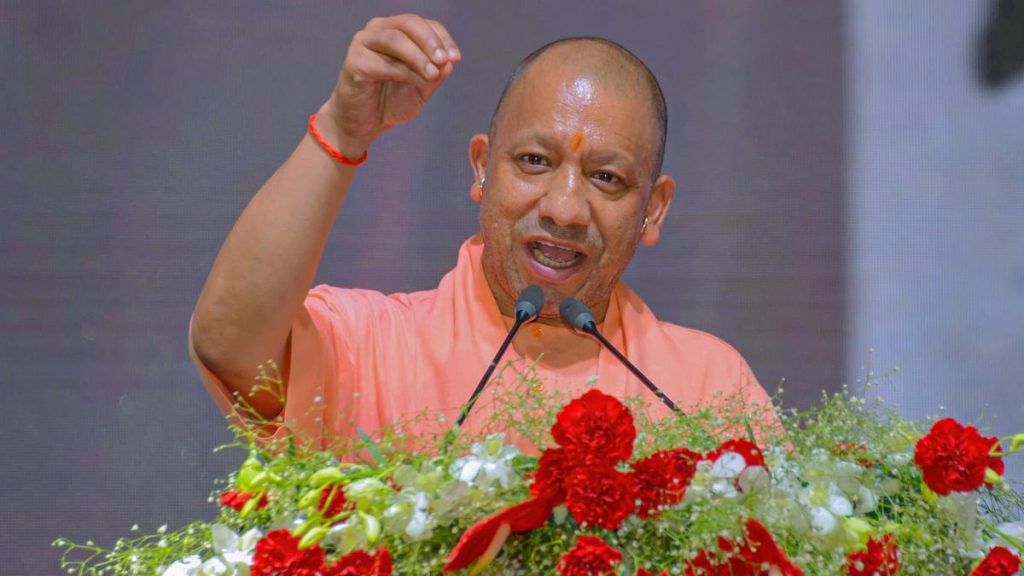Now Reading: GLP-1 Drugs Like Ozempic: What Happens to Weight Loss After You Stop?
-
01
GLP-1 Drugs Like Ozempic: What Happens to Weight Loss After You Stop?
GLP-1 Drugs Like Ozempic: What Happens to Weight Loss After You Stop?

Quick Summary
- GLP-1 agonists Functionality: Glucagon-like peptide-1 (GLP-1) agonists are effective medications for weight loss, helping users lose 10-20% of body weight. They also regulate blood sugar in diabetics and improve cardiovascular health.
- Mechanism: GLP-1s work by suppressing appetite through brain receptors controlling hunger. They alter reward responses to food, making unhealthy options less appealing.
- Rebound Concerns: Stopping the medication often leads to rapid metabolic reversals, including weight regain (up to two-thirds), increased LDL cholesterol and triglycerides, and inflammation – raising risks of cardiac events.
- Scientific Findings: Research shows weight loss is tied to hormonal changes:
– Hunger hormone ghrelin increases during calorie restriction, while satiety hormones like leptin decrease.
– GLP-1 medications counter these natural tendencies but only persist as long as they’re taken.
Indian Opinion Analysis
The advent of GLP-1 agonists represents significant progress in managing obesity-related health issues such as diabetes and cardiovascular conditions. However, their temporary benefits after cessation highlight a broader challenge in enduring healthcare approaches for long-term obesity management. For India-a country grappling with rising rates of diabetes and obesity-the high cost of these medications may limit accessibility to only affluent populations. Additionally, the metabolic rebound effect raises questions about patient dependency on pharmacological interventions rather than holistic lifestyle changes like diet or exercise reforms.
India must evaluate whether integrating such treatments within public healthcare initiatives can balance affordability with effectiveness. Policymakers might also focus efforts on preventive strategies targeting root causes like nutrition education while cautiously considering pharmacological solutions’ role for specific cases.
























